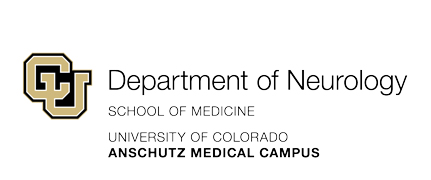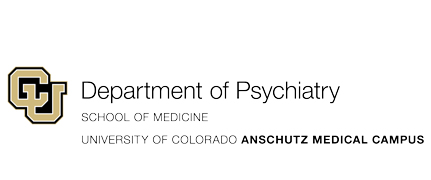Welcome to The Annual Cooper Conference
Join us at the "Interpersonal Neuroscience: Communication Across the Lifespan" conference--- a meeting of minds about how minds meet. This interdisciplinary event gathers leading professionals to discuss the neuroscience of communication, explore cutting-edge therapies, and envision the future of remote therapeutic delivery and assessment. As we navigate the complexities of varied terminologies and perspectives in our disparate fields, this conference is intended to guide us all toward a more unified understanding of communication disorders. Coffee, light refreshment and lunch will be provided.
Target Audience: MDs, PhDs, SLPs, PTs, OTs, BCBAs, students, and others who wish to learn more bout communication disorders across the lifespan.
Learning Objectives: Understand neurological conditions affecting communication across the lifespan. Recognize and respect cross-cultural sensitivities in treatment. Reflect on learnings for deeper understanding and improved practice. Grasp future trends in communication, emphasizing data collection and therapy in real-life settings like home, work, school, and play.
Dr. Peter S. Pressman,
Associate Professor
The University of Colorado School of Medicine is accredited by the Accreditation Council for Continuing Medical Education (ACCME) to provide continuing medical education for physicians.
The University of Colorado School of Medicine designates this live activity for a maximum of 8 AMA PRA Category 1 Credits™. Physicians should claim only the credit commensurate with the extent of their participation in the activity.
Schedule/Agenda
8:00 - 8:30 AM: Registration and Networking
• Light breakfast refreshments available.
8:30 - 8:45 AM: Welcome and Introduction
• By the conference organizers (David Arciniegas, MD, Hal Wortzel, MD, Jessica Solomon-Sanders, MD, Peter S. Pressman, MD).
8:45 - 9:15 AM: Introductory Speech
Title: "Advancing equity for people with communication disabilities across the lifespan"
• Speaker: Megan Morris, PhD MPH CCC-SLP
9:15 - 9:45 AM: Session 1
Title: “Stress and Implications for Pharmacology and Development in Autism Spectrum”
• Speaker: David Beversdorf, MD
9:45 - 10:15 AM: Session 2
Title: "Communication Challenges in Frontotemporal Dementia”
• Speaker: Joie Molden, PhD
10:15 - 10:30 AM: Coffee Break
10:30 - 11:00 AM: Session 3
Title: "Overlap among neurodevelopmental disorders of speech, language, and literacy"
• Speaker: Robin Peterson, PhD
11:00 - 11:30 AM: Session 4
Title: "The Impact of Traumatic Brain Injury (TBI) on Communication"
• Speaker: James Kelly, MD, MA, and Charlene Hamrick
11:30 - 12:00 PM: Session 5
Title: "White Matter and its Influence on Social Communication"
• Speaker: Christopher Filley, MD
12:00 - 12:30 PM: RAPID PANEL—All speakers
.,12:30 - 1:00 PM: LUNCH
1:00 - 1:30 PM: Session 6
Title: "Unveiling the Right Hemisphere's Role in Communication"
• Speaker: Elliot Ross, MD
1:30 - 2:00 PM: Session 7
Title: "Autism Spectrum Disorders—Childhood Therapies"
• Speaker: Elizabeth Griffith, PhD
2:00 - 2:30 PM: Session 8:
Title: "Cultural Communication and Neurological Disorders"
• Speaker: Aliana Spears
2:30 - 3:00 PM: Session 9
Title: "Augmentative Alternative Communication Technologies for Managing Communication Disorders"
• Speaker: Christina Perkins, PhD, Cathy Bodine PhD, et al.
3:00 - 3:30 PM: Session 10
Title: “Caregiver Communication Training”
• Speaker: Jill Lorentz
3:30 - 4:00 PM: Session 10
Title: “Emotional Communication: Data from “the Wild””
• Speaker: Kuan Hua Chen, PhD
4:00 - 4:30 PM: Panel
Title: "The Future - Multimodal Assessment of Communication"
• Participants: Mohammad Mahoor, PhD, Peter S Pressman, MD, Patrick Romani, PhD, Dr. Joel Stoddard, MD
4:30 -5:00PM: RAPID PANEL DISCUSSION.
5:00-5:15PM—wrap up, summary and dismiss.
The University of Colorado School of Medicine is accredited by the Accreditation Council for Continuing Medical Education (ACCME) to provide continuing medical education for physicians.
The University of Colorado School of Medicine designates this live activity for a maximum of 8 AMA PRA Category 1 Credits™. Physicians should claim only the credit commensurate with the extent of their participation in the activity.


